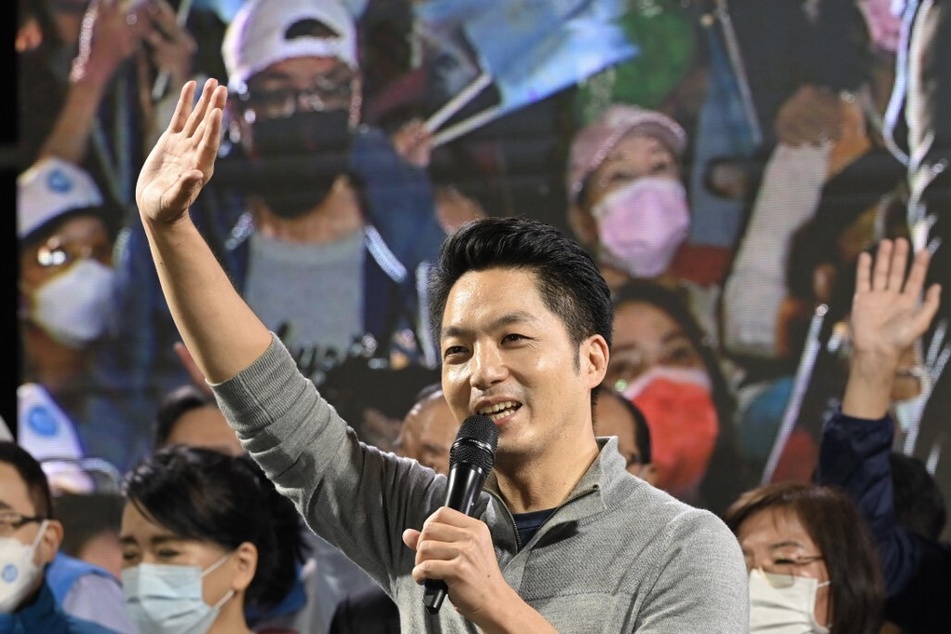Taiwan's president quits party leadership after local election losses
Taipei, Taiwan - Taiwan's president, Tsai Ing-wen, announced on Saturday that she is quitting the leadership of the ruling Democratic Progressive Party (DPP), after it suffered a serious setback in local elections.

In a televised news conference, Tsai said she accepted the results and admitted the party’s failure at local levels.
The DPP saw support drop off, compared to the last local elections, in 2018.
Voters cast ballots on Saturday for 21 mayors and county magistrates along with more than 11,000 local councillors and officials. During campaigns for the local elections, the focus is primarily on local issues, including air quality, industrial development, wages, infrastructure, social welfare, and education.
The mayoral vote in Chiayi City, ruled by the opposition Chinese National Party (KMT), has been postponed to December 18 following the death of a candidate in early November.
The final results show that the ruling DPP gained leadership in only five cities and counties, according to local media. Before Saturday’s voting, DPP only ruled seven cities and counties.
The KMT gained control of 13 cities and counties. Before Saturday's voting, the KMT had governed 14 of Taiwan’s 22 cities and counties.
Taiwanese elections reportedly "not about China"

In the capital of Taipei, the KMT candidate Chiang Wan-an, thought to be a great-grandson of Chiang Kai-shek, who led the KMT to flee to Taiwan in 1949 after losing the Chinese civil war, was elected as mayor.
In addition, the Taiwan People's Party gained one city, and independents won in two counties.
"The local elections here are not about China," Jieh-min Wu, a China expert at the research facility Academia Sinica in Taipei, told dpa on Saturday, adding that the results depend on different local factors.
"Every election [in Taiwan] is actually a battle to defend democracy," Guo-cheng Song, a political scientist at the National Chengchi University said on Saturday in an interview with New Tang Dynasty Television.
Also on Saturday, voters failed to pass a referendum to agree to amend the constitution to lower the voting age from 20 to 18. It would have required the backing of nearly 9.62 million voters to pass.
Cover photo: REUTERS

